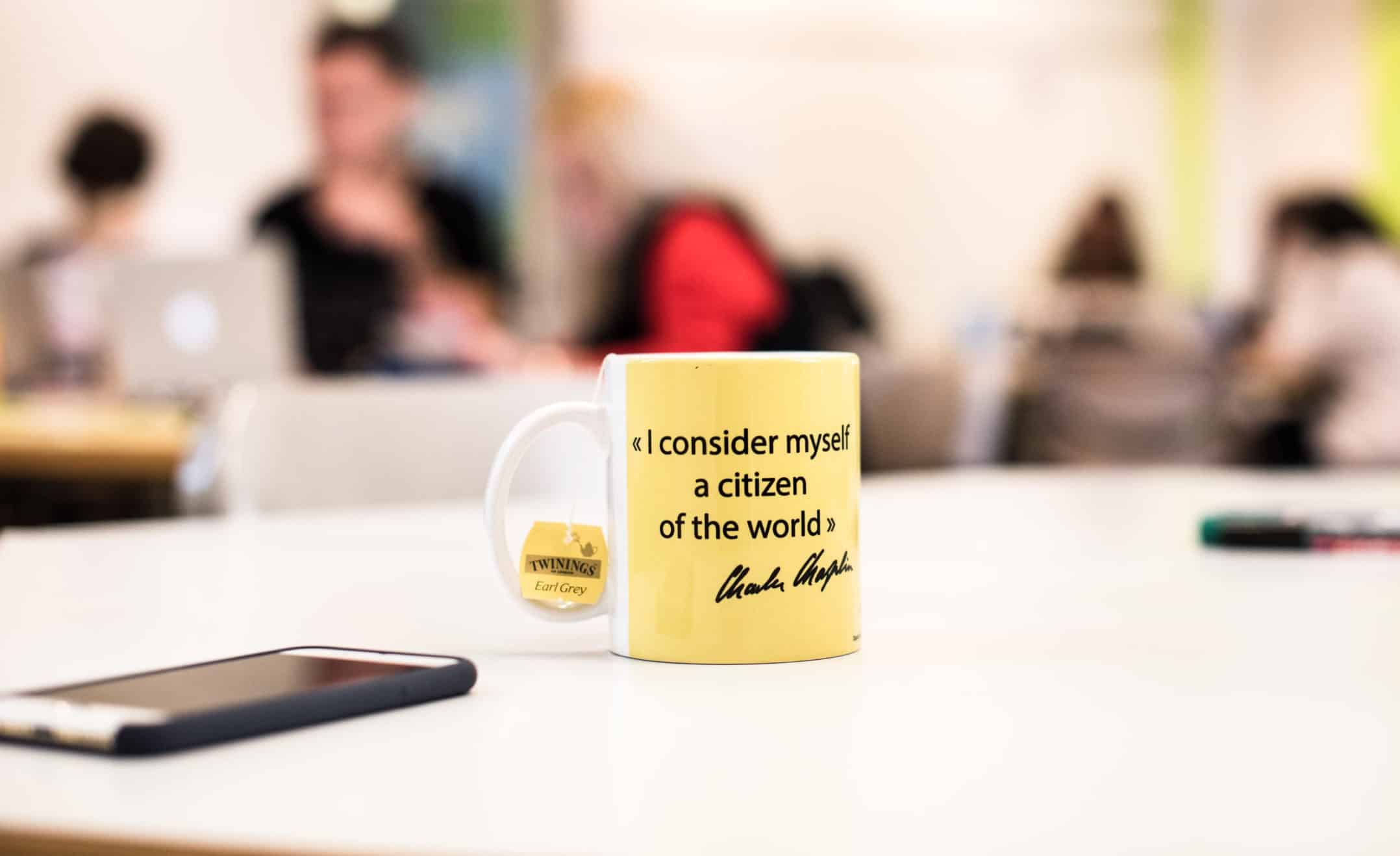
It is a commonplace that companies today need to be active in sustainability. Deciding exactly what to do can however be a challenge: Which aspects of the business have the highest priority? What are the benefits for the company and for its stakeholders? Is sustainability simply a cost or can it generate value for the company?
The EMBA course “Strategic Thinking for General Managers” makes use of strategic tools in an updated manner to formulate answers to these and other key strategic issues. Stakeholder relations build the core of the strategy formulation, making clear for the company the manner in which each stakeholder will benefit: e.g. personnel want to fulfil personal visions of preserving nature and the strategic initiatives include preserving bio-diversity; customers want to reduce their personal carbon footprint and the strategic initiatives include reducing the use of plastic. Such stakeholder benefits in sustainability are taken account of when applying the most important strategic concepts in an updated manner, such as Five Forces, SWOT, PESTEL, core competences and business model.
The sustainable development of companies is further considered in growth strategy, corporate strategy and change management. For example, companies can sustainably grow by opening up distribution channels with lower carbon emissions or by developing products with raw materials causing less environmental harm. Corporate strategy can shift the orientation of the entire corporation towards sustainability, e.g. Nestlé’s shift from convenience food like frozen ice cream to healthy and nutritious food. Change management can be applied to encourage employees to make greater use of public transport and bicycles while driving less.
These strategic tools are supplemented by the publications of Prof. Benjamin Wall, who leads the strategy course. His management framework “5-D Value” identifies the internal and external success factors for companies. In particular, his work shows the strategic processes for companies to offer sustainable value to customers, personnel, suppliers, distributors and investors. Innovative, ground-breaking solutions are developed in the convergence of technologies to fill an “empty space” between existing industries.
Are you interested in pursuing your EMBA in Sustainable Business degree in Switzerland?
Contact Business School Lausanne today to learn more!
